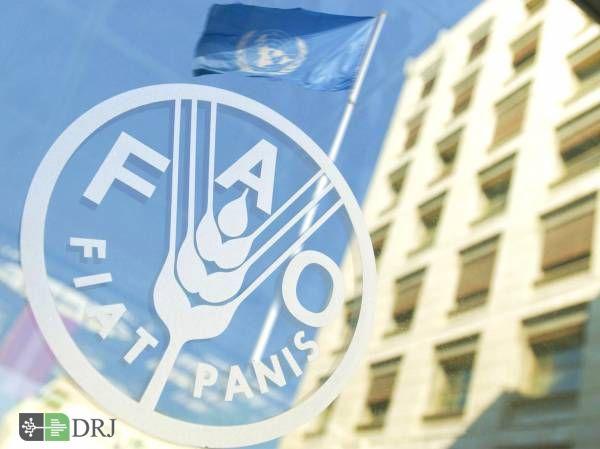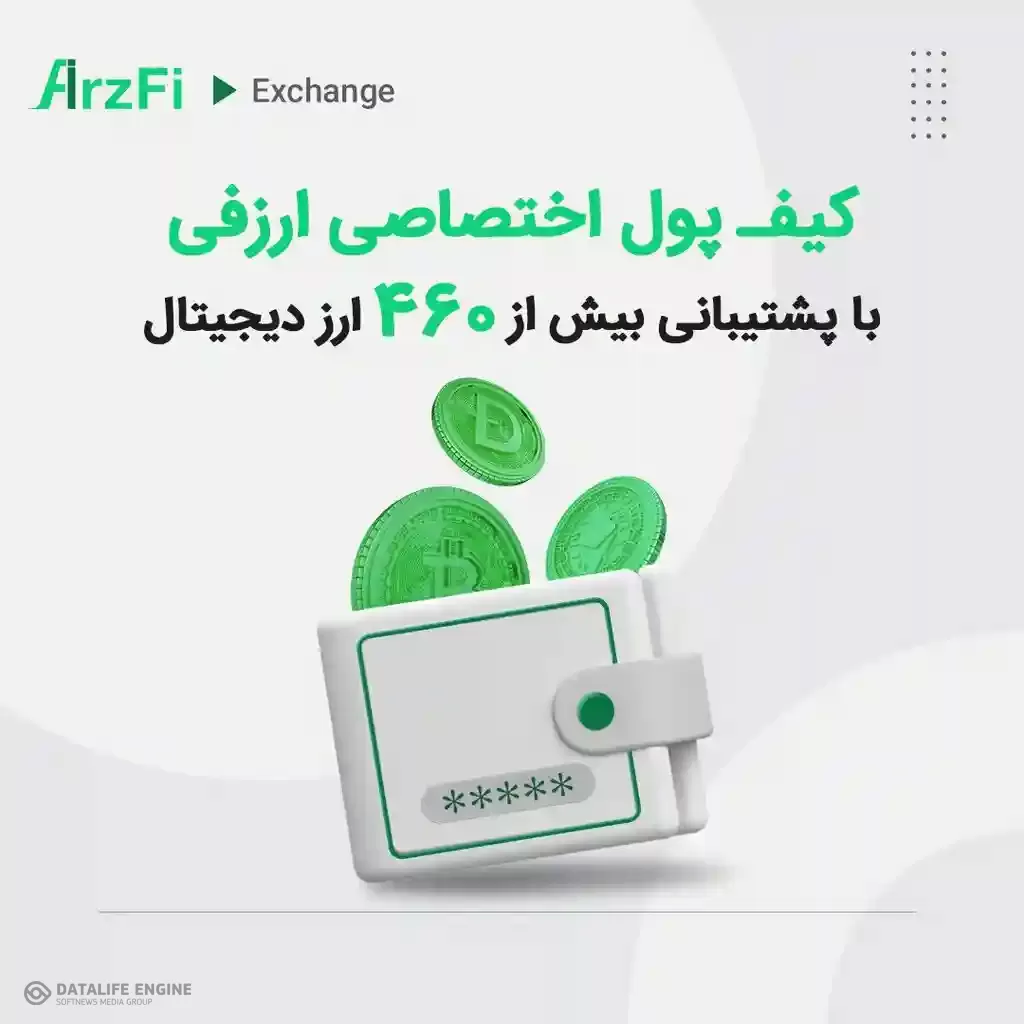Cyber penetration has been growing since the first hack of AOL back in 2004, where a computer engineer stole 92 million emails and sold them to spammers, according to MSN.
Multiple reports have since surfaced, like the 2015 incident involving Anthem, an insurance company, which lost the data of 80 million people. The company believes this includes names, passwords, and other sensitive data, such as security numbers and phone numbers, according to the company’s website.
Another more recent hack was the 2017 attack on Equifax, a credit reporting agency, which lost the data of 143 million people. Reports say that the breach might include credit card numbers and much more information than what was previously believed, according to Forbes.
Hackers are now targeting people who congregate around events, as was evident with the recent Russia World Cup (WC) 2018.
Read: UAE, Saudi not in top global crypto cities: Who is and why?
Vladimir Putin to the rescue
Even before the first WC whistle, news sites warned fans about cyber attacks and were proven eventually to be correct.
Mr. Deane-McKenna said to Express UK a news source: “The lax security controls on public WiFi makes it easy for hackers to steal your information while browsing.
“Taking control of the network, hackers can see the information sent between the device and the destination. So, if you use passwords or send sensitive information, hackers could steal that data.”
Did Vladimir Putin save the day?
Maybe not him exactly, but you can thank Russia for fans’ and visitors’ credit card data remaining safe, because the country thwarted 25 million cyber attacks targeting the FIFA World Cup this year, according to ABC news.
Seven days before the opening match of the 2018 FIFA World Cup in Russia, FIFA confirmed that 2,403,116 tickets were sold. However, cyber attacks were not just aimed at those people.
Recent reports show that the games were the most streamed in the world.
Many watched the games in different places where open and unsecured WiFi was available. Statistics released by Akamai show that the games achieved 9.7 million concurrent streams during the World Cup.
Phishing attacks were the most common during the event, although the exact statistics of the affected is still unknown, ABCnews added.
Phishing is just like the name suggests: You have the attacker who uses a fake website that redirects a victim to it, then that victim would enter his/her login information, leading to an error. However, that password and username are saved into a text file or sent to the attacker by email.
Read: Venture capital loves success. Want proof?
How to protect yourself
Usually, these attacks are easy to spot by just looking at the link in the browser. For example, “Facebook” can be something like “Faceboook,” or “Amazon” can be instead “Arnazon.”
You can also check if the website is HTTPS (the S is the crucial part). Moreover, the Chrome browser will now tell you if a site is “unsecured” or “secure.”
Although this is not always the case, some “phishers” are very experienced and can hijack your DNS to send you an HTML file with the same address to get your data and log in.
Emails are another way of reaching out to victims, but the good news is that Gmail’s and Outlook’s advanced AIs make these emails go unnoticed in the spam folders. However, in some rare cases, these emails can go through the cracks and reach your inbox. Malicious files such as PDFs, Docx documents or sometimes images can be infected to penetrate your system. These penetrations can sometimes be keyloggers, which track what you write on your keyboard or any of the current malware out there.
Caution is advised.
The post Cyber villains like the events you attend – Here’s why appeared first on AMEInfo.

ایده ها برای استارت آپ موجب رونق کسب و کارهای اینترنتی
آینده / استارت آپ

استارتآپها ادبیات بازار سرمایه را بلدند؟
استارت آپ

صدور تاییدیه دانش بنیانی شتابدهنده صدر فردا
اخبار / استارت آپ

اپلیکیشن شارژاپ
گوناگون / استارت آپ / رپرتاژ آگهی / بازتاب

جذابترین ایدههای B2B در سال 2020
استارت آپ

تعریف استارت آپ startup
دانشنامه / استارت آپ / مقاله

۱۰ استارتاپ که بدون سرمایه به سوددهی رسیدند
استارت آپ

ایده ها و پیشنهاد برای استارت آپ در سال جدید
راهکارها و ترفند ها / استارت آپ
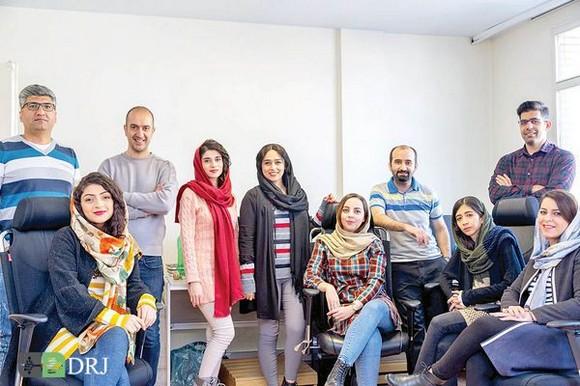
استارتآپ ایرانی؛ مرجع اول زنان افغان
استارت آپ

شروع یک کسب و کار نوپا پلتفرمی
استارت آپ
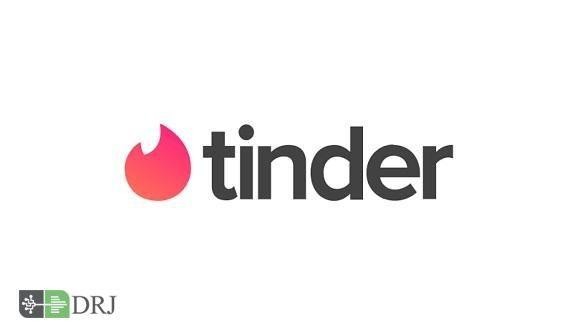
برنامه شبکه اجتماعی تیندر
گوناگون / معرفی وب سایت / استارت آپ

10 استارت آپ برتر تاکسیرانی جهان
استارت آپ

پخت پیتزاهای هیجان انگیز با هوش مصنوعی
آینده / استارت آپ

ایده های استارتاپی فراموش شده
دورنما / بازار / استارت آپ

اپل، استارتاپ فناوری خودران Drive.ai را تصاحب کرد
استارت آپ

بررسی مهمترین چالشهای تیمهای استارتاپی
استارت آپ

نگرانی کاربران از هزینه تعمیر و تامین قطعات
گفت و گو / بازار / استارت آپ

مصاحبه با مدیرعامل و بنیانگذار استارتاپ Moz
گفت و گو / استارت آپ

آشنایی با استارت آپ های حوزه مدیریت آب
استارت آپ

راه اندازی ۷۰ استارت آپ توسط نخبگان ایرانی
استارت آپ

معرفی هشت استارتآپ موفق ایرانی در حوزه فینتک
استارت آپ

اولین مرورگر شرعی دنیا
استارت آپ

از صفر تا پیست
استارت آپ

معرفی برترین استارتاپهای CES 2019
اخبار / استارت آپ

ازدواج با فرد ثروتمند یا خوش اخلاق
سبک زندگی / برترین ها
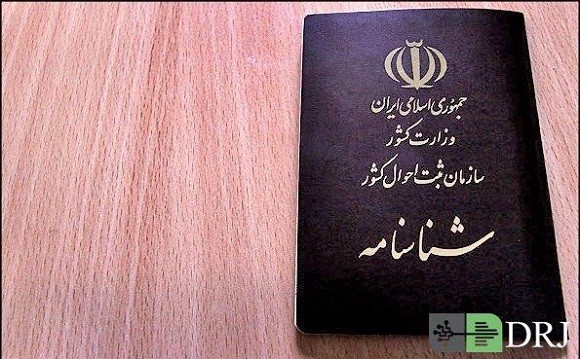
هدف از تشکیل خانواده چیست
سبک زندگی

اول عاشق شویم، بعد ازدواج کنیم
سبک زندگی

خانواده چیست
سبک زندگی

مشاوره خانواده چیست؟
سبک زندگی

اولویتهای پسانداز خانواده چیست؟
سبک زندگی

هزینه های خانواده چیست؟
سبک زندگی

راهکار بیشتر حرف زدن اعضای خانواده چیست؟
سبک زندگی

چرخه زندگی و خانواده چیست؟
سبک زندگی

اهداف و اصول تشکیل خانواده
سبک زندگی

آموزش جنسی نادرست به سبک خانم جلسه ای
سبک زندگی

لطفا تماشاچی آزار زنان نباشید!
سبک زندگی

کودک آزاری؛ از نشانهها و دلایل تا درمان
گزارش / سبک زندگی / پرورش کودکان

روش های تعیین هدف و مسیر زندگی برای رسیدن به موفقیت
سبک زندگی
مجله اینترنتی دیپروتد نشریه مجازی بر بستر اینترنت به مسائل آموزشی و مقالات پیرامون کسب وکار های نوپا یا استارت آپ ها و سبک زندگی است فعالیت و محتوای مطالب ارائه شده در سایت همه بیشتر در حوزه مدیریت، کارآفرینی ، روانشناسی ،اقتصادی و فناوری اطلاعات است نام اصلی دیپروتد "ریشه های عمیق " با مجوز رسمی از هیات نظارت برمطبوعات مشغول به فعالیت است
ما را در شبکه های اجتماعی دنبال کنید
تمامی حقوق برای سایت فوق محفوط است.
S-TECH: ایرانی توانمند | Powered by: مجله اینترنتی دیپروتد



